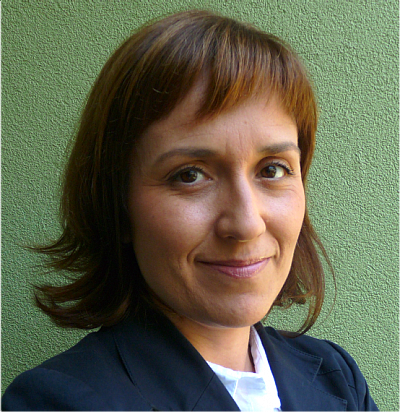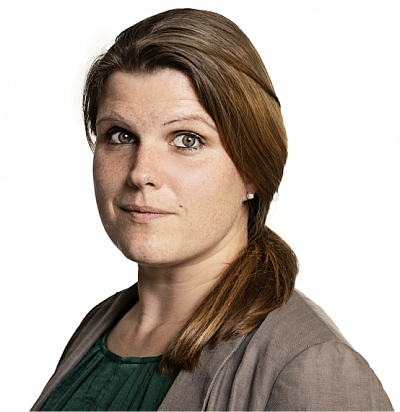Candidates for the ESA Presidency
Pertti Alasuutari | University of Tampere, Finland
CV
Pertti Alasuutari, PhD, is Professor of Sociology at Tampere University, Faculty of Social Sciences. His research interests include global and transnational phenomena, media, social theory, and social research methodology. His monographs include Epistemic Governance (with Ali Qadir, Routledge 2019), The Synchronization of National Policies (Routledge 2016), Social Theory and Human Reality (Sage 2004), Rethinking the Media Audience (Sage 1999), An Invitation to Social Research (Sage 1998), and Researching Culture: Qualitative Method and Cultural Studies (Sage 1995). He has a total of 193 scientific publications, including 99 peer-reviewed articles and 10 books in English.
Short statement
In my view, the European Sociological Association’s biggest challenge is to keep on becoming more professional as a scholarly organization, serving as a community for European sociologists and giving sociology a voice in European affairs. It has come a long way since its birth in 1995, but there is still work to do to become as efficient and smooth in its operations as, say, the American Sociological Association. I offer my experience to the ESA to develop it further. I have been involved in its activities since 2007, in RN boards (Culture, and Global, transnational and cosmopolitan sociology), and in the Executive Committee 2011-2015. During my two terms in the Exec, I initiated the idea and led the establishment of the ESA’s second outlet, the European Journal of Cultural and Political Sociology. I have also plenty of experience from international publishing because, for instance, I served as the founding editor of the European Journal of Cultural Studies(1996-2016). I am also experienced in organizing international conferences: for example, I initiated the Crossroads in Cultural Studies conferences. It grew into the international Association for Cultural Studies, in which I served as the first President.
Lígia Ferro | University of Porto, Portugal
CV
Lígia Ferro, European PhD, ISCTE-University Institute of Lisbon, visiting scholar at several universities in Europe, USA and Brazil, is Assistant Professor of Sociology at the University of Porto (UP), and Member of the Executive Committee of the Institute of Sociology (UP) where she co-coordinates the international network ETNO.Urb (connecting European and South American Universities). Currently, ESA Vice-President and Chair of the ESA2021 Conference Committee. Coordinator (2015-2017) and founding member of ESA RN37. Vice-President of the Portuguese Sociological Association, started serving as member of the Ethics Committee on 2012 and represented the Association at an international level. Member of the board of the European Network of Observatories in the Field of Arts and Cultural Education – ENO. Interested in social inequalities and working now on the H2020 project Uncharted –Fostering the Societal Value of Culture. Book series editor for Springer and author of numerous publications in English, Portuguese, Spanish, Catalan, French and German.
Short statement
As a member of the Executive Committee I have had the pleasure and excitement to learn with colleagues from all over Europe and work for the best of ESA. I have been involved in ESA activities for 14 years and I believe I am in a very good position to continue this work which led ESA to be one of the most dynamic associations worldwide. Some strategic ideas to develop in the next 2 years:
-
Strengthen the role of Social Sciences in Europe by networking at the European and overseas levels;
-
Intensify connections with National and International Associations of Sociology in order to develop initiatives promoting debate on the relevance of sociology for society and the social consequences of the pandemic;
-
Support Research Networks for emerging scientific research topics;
-
Develop ESA’s publications strategy towards open access, broadening the role of ESA journals, and improve the European Sociologist;
-
Discuss alternative models for the ESA biannual conference that will be more inclusive of scholars and propose an Executive Committee Midterm Meeting where relevant themes for the scientific community can be discussed;
-
Organize PhD Summer Schools and promote new spaces for young scholars to network, collaborate, and access opportunities for career development.
Laura Horn | Roskilde University, Denmark
CV
Laura Horn is Associate Professor in the Department of Social Science and Business, Roskilde University (DK). Her research focuses on the transformation of societal and economic power relations in Europe, with an interdisciplinary perspective that highlights the role of ideas while maintaining the need to center material conditions and inequalities. Her most recent project explores social imaginaries in discussions about the future of Europe. Laura is experienced in working with teams in research, academic publishing and administration. She is active in a range of pan-European and international academic networks. She holds an MA from Newcastle University (UK)and a PhD from the VU University Amsterdam. Laura was a member of the ESA Executive Committee in 2015-2017 (RN Council Chair and Vice-President) and in 2017-2019 (Treasurer and Chair of the Policy Committee). She has been central in enacting the revision of the ESA by-laws in 2019. She has also been coordinator of RN06.
Short statement
I am convinced of the ESA’s potential to make a difference across Europe and beyond, despite formidable societal challenges. COVID-19 is exacerbating societal fault lines and inequalities, and the ecological crisis requires fundamental social transformations. Meanwhile the social sciences and humanities are marginalized and, in some places, under attack, and the academy is increasingly characterized by high workloads, precarity and underfunding. A strong European Sociological Association has never been more necessary, and ensuring this is central to my vision for the ESA. We need to be outspoken, influential, and proactive advocates for the interests of sociology, and social science generally. Achieving this requires a professional, well governed and robust organization. ESA members have the right to expect their membership contributions to support a transparent democratic Association that works in their interests and is characterized by inclusivity and accessibility of its events, publications and membership, especially for sociologists who are in marginalized and/or precarious positions. My significant experience both within the ESA and as an academic activist and advocate, make me a very strong candidate for President -one who can bring the Executive Committee, RNs, NAs and membership together to deal with both current and future challenges.


